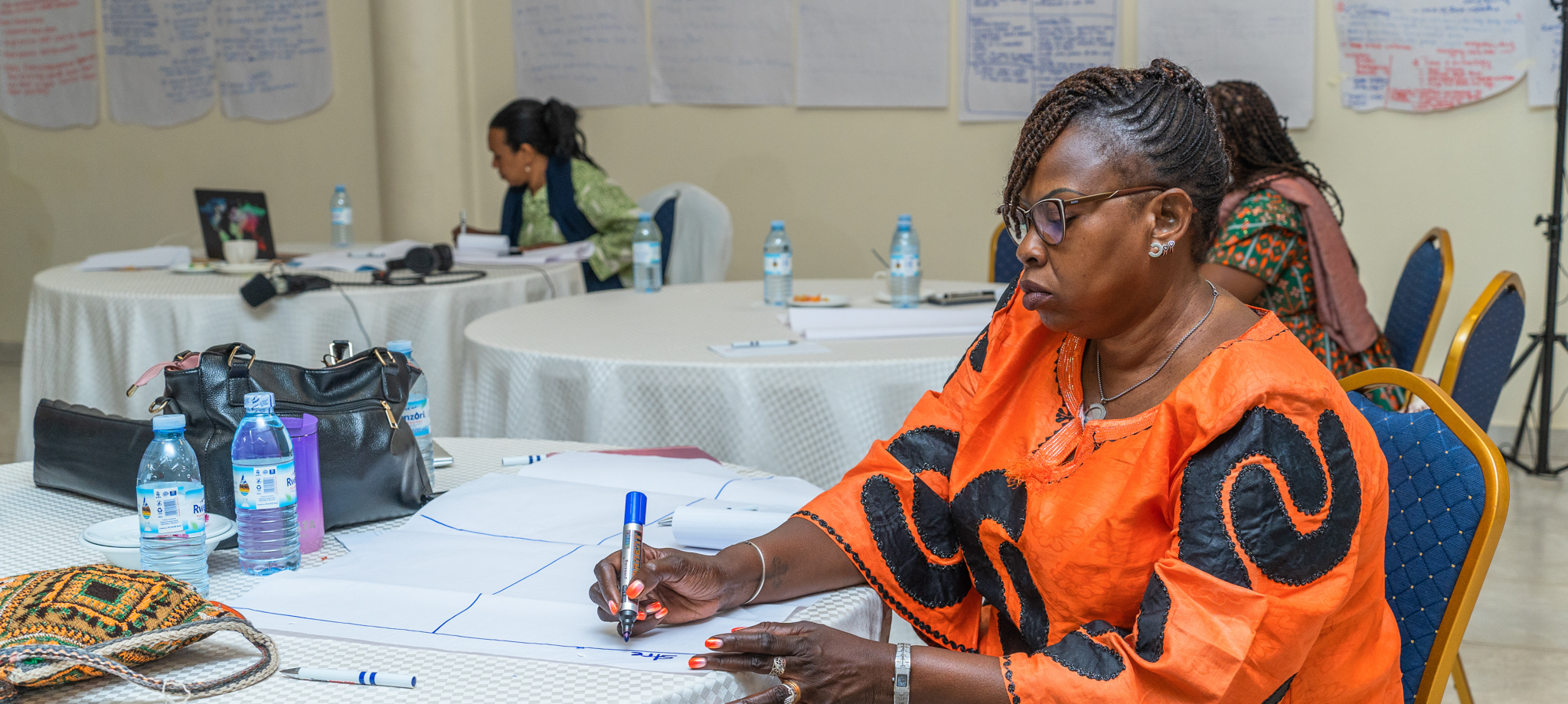Generating Knowledge
At Inclusive Peace, we generate understanding and provide options for how to build and support sustainable peace processes through evidence-based research, reflection, and exchange. This covers both thematic and country-specific research related to peace and political transition processes. We work both independently and in partnership with a range of actors.
Our knowledge generation seeks to shed light on the broad range of actors and factors that enable or constrain political change. For example, we look at the effectiveness of a wide range of national and international actors and their ability to influence the achievement and implementation of agreements. We also look at key thematic areas, providing comparative research on subjects such as National Dialogues, track two processes, women’s or civil society’s influence on peace processes, and how key national elites support or resist change.
Our knowledge generation seeks to shed light on the broad range of actors and factors that enable or constrain political change.
Knowledge base
Our knowledge base draws on various qualitative and comparative research projects and consists of almost 50 case studies of peace and transition processes. We regularly feed the findings, knowledge, lessons, and experience from our ongoing work into the existing knowledge base to make it even more comprehensive.
More information on our research projects:
ResearchBroadening Participation in Political Negotiations
This multi-year, multi-phase research project investigates the types of actors included in peace and political transition processes, and explorers how and under what conditions these actors may participate in and/or influence these complex processes.
Read moreResearchCivil Society and Peacebuilding
Civil society can fulfil a variety of peacebuilding functions. This project analyses both the relevance of civil society activities within conflict contexts and how effective/ineffective such activities are in supporting peace processes.
Read moreResearchInclusive and Gender-responsive Approaches
Our research work on women’s inclusion and influence in peace and political transition processes seeks to provide an evidence base to promote women’s participation and gender mainstreaming in all aspects of peacemaking and peacebuilding.
Read moreResearchWomen in Peace and Transition Processes
Our research work on women’s inclusion and influence in peace and political transition processes seeks to provide an evidence base to promote women’s participation and gender mainstreaming in all aspects of peacemaking and peacebuilding.
Read moreResearchElite Strategies in Transition Processes
This project investigates the strategies elite actors apply to influence political change in support of or in resistance to political change processes. It focuses on the objectives they pursue, and the approaches they use in order to achieve them.
Read moreResearchNational Dialogues
This research project undertook a comparative analysis of 17 National Dialogue processes with the aim of analysing the factors that have enabled or constrained National Dialogues to reach agreements and achieve sustainable outcomes.
Read moreResearchInclusive Agreement Implementation
This project explores societal participation in implementation processes, examining the factors that affect civil society and non-armed actors’ participation and influence in these processes, and whether inclusive processes can achieve inclusive outcomes.
Read moreResearchPreventing Violence through Inclusion
Battle-related deaths and protracted conflicts are on the rise. This project explores whether including a broad range of actors – from political parties to civil society groups – in peace and transition processes plays a role in preventing violence.
Read moreResearchInternational Mediation Networks
International mediation networks are a new and growing phenomenon. This project analyses why so many new mediation networks are emerging, the context and reasoning behind these networks, and the assumptions they are based on.
Read more
